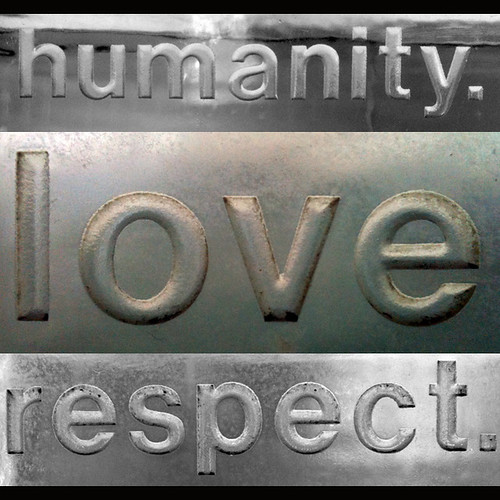Can You Really Love Everyone?

The Transformative Power of Unconditional Love: A Journey of the Heart
In a world that often feels divided and transactional, the concept of unconditional love shines like a beacon of hope. Timothy Keller, a wise theologian, beautifully captures this idea: “To be loved but not known is superficial. To be known and not loved is our great fear—but to be known and loved, that transforms you.” These words resonate deeply because they touch on our fundamental desire to be truly seen and accepted for who we are.
The Challenge of Unconditional Love
But let’s be real—is it really that easy to love unconditionally? It’s one thing to love those who love us back, but what about:
- Someone we don’t know?
- Someone who dislikes us?
- People who look different, speak a different language, or have conflicting beliefs?
In the Bible, Jesus challenges us to go even further. In Matthew 5:43-48, He tells us to love our enemies and pray for our persecutors. Just as God blesses both the evil and the good with rain, we’re called to love everyone. If we only love those who care for us, how are we making the world better? Isn’t that just meeting the minimum expectation?
The Three Parts of a Person
I believe we can love all people if we view them the right way. Think of each person as having three parts:
- Their heart
- Their thoughts
- Their actions
You’ve probably heard the saying, “I love you, but I don’t like you very much right now.” This captures the idea that we can love someone’s core (their heart) even when we don’t agree with their thoughts or actions.
The 3 Keys to Loving Anyone
To love unconditionally, we can follow these steps:
- Recognize their humanity and shared imperfection with us.
- Forgive them (and ourselves) for any hurtful thoughts or actions.
- Choose to love their heart, understanding that love is a choice, not just a feeling.
Loving Through Pain
But what about those who have hurt us deeply? In these situations, appropriate love becomes even more crucial. While the specifics may vary, ensuring our safety is paramount. If you’re in an abusive or dangerous situation, prioritize getting to a safe place first.
The Power of Forgiveness
Forgiving others—and ourselves—can be incredibly challenging. For me, the key has been understanding Jesus’ example: He forgave unconditionally despite His innocence and suffering. If He can do that, how can we do less?
Even if you’re not religious, forgiveness offers psychological benefits. It frees us from the weight of painful memories and helps us process related emotions better.
Forgive, Forget, and Learn
Rather than simply “forgiving and forgetting,” which might seem to encourage repeated hurt, we can adopt a “Forgive, Forget, and Learn” approach. By learning from our experiences, we protect ourselves from future harm. We can then forgive the person who hurt us and give them a chance to show they’ve changed—if they want to.
The Ripple Effect of Unconditional Love
When we practice unconditional love, it creates a powerful ripple effect. It inspires those around us to open their hearts and love more freely too. In a world often divided by differences, this kind of love can bridge gaps and foster understanding.
Unconditional love also nurtures personal growth. When we feel securely loved, we’re more likely to take risks, pursue our passions, and face our fears. It provides a safe space from which we can explore our potential.
Embracing the Challenge
Loving unconditionally isn’t always easy. It challenges us to confront our own biases and fears. There will be times when our patience is tested or when we feel let down. In those moments, remember that unconditional love is a choice—one we can make over and over again.
Moving Forward with Love
Once we learn to see everyone with love, the key is to treat them with respect and dignity. By establishing common ground and showing that we genuinely care, we open the door to meaningful dialogue and significant relationships.
As we navigate life’s complexities, let’s strive to embrace unconditional love more deeply. Let’s create environments where people feel known and cherished—where true transformation can happen. By choosing unconditional love, we not only transform our own lives but contribute to a kinder, more connected world. It’s one of the most powerful forces for positive change we have. So let’s spread that love far and wide—it truly makes all the difference!

